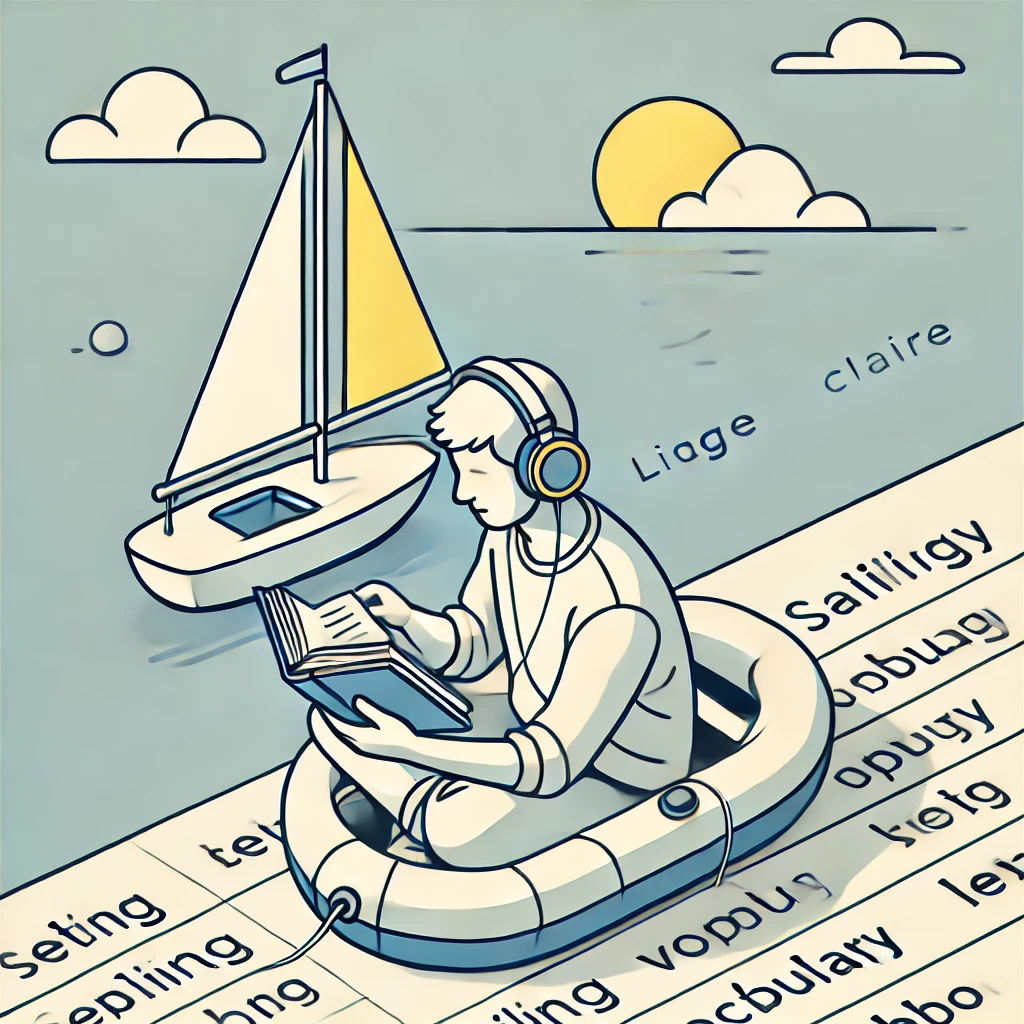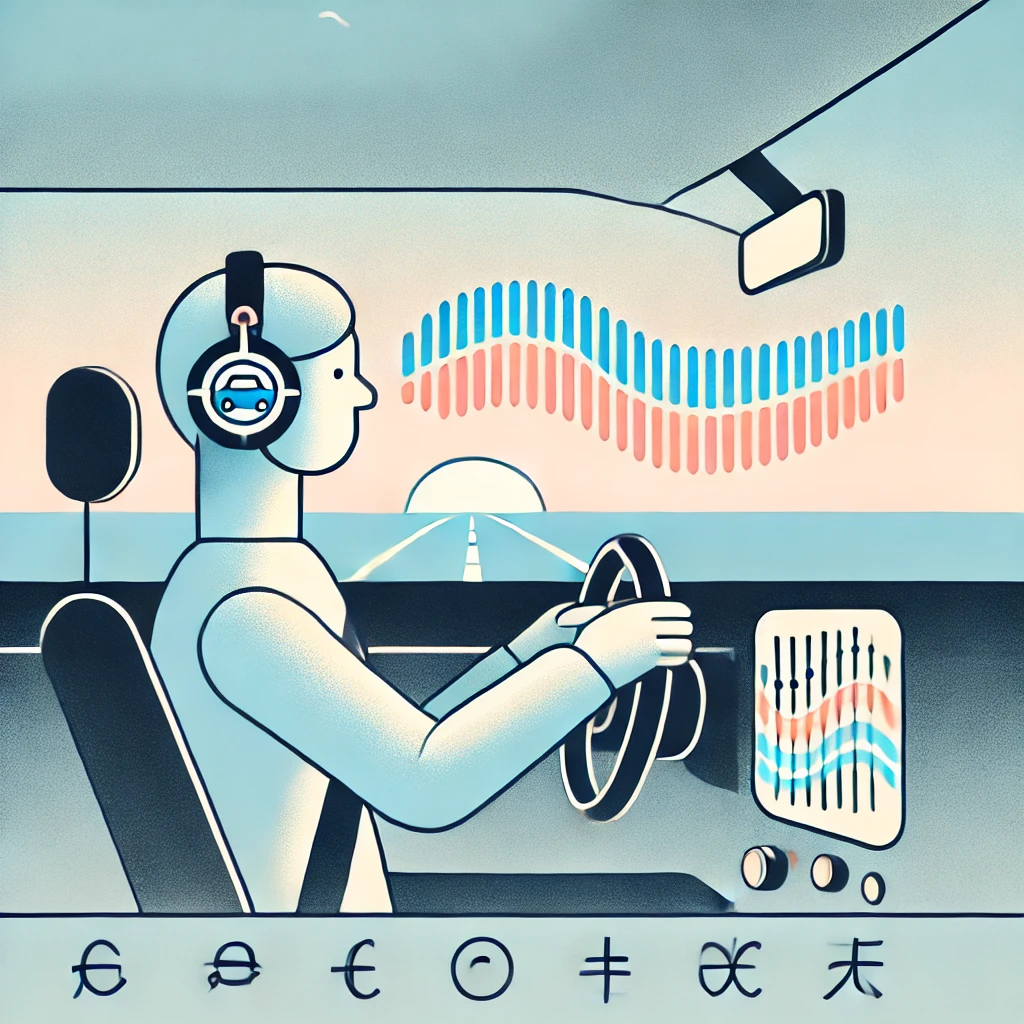Navigating Specialized Language Like an Experienced Sailor
Learning foreign languages is like sailing on open waters: without the right equipment and technique, you quickly find yourself stuck. One of the biggest challenges is mastering specialized vocabulary, which is often missing from conventional textbooks. In this post, I demonstrate how to systematically acquire specialized terminology—using Dutch sailing terminology as an example, but with a method that can be applied to any language or field.

Learning Goal: Automation Through Auditory Learning
The aim of this approach is to build specialized vocabulary in a way that seamlessly integrates into daily life. By utilizing a text-to-speech system, about 90 minutes of audio material could easily be generated —perfect for listening during car rides or other routine activities. This way, terminology is absorbed naturally and effortlessly.
Hear the result (it is in German as this is my mother tongue and my target language is Dutch, but the process can easily be transferred to any combination of languages).
The Path to a Specialized Vocabulary
Researching a Reliable Source
A strong foundation starts with a high-quality source. In this case, the choice was a PDF from a Dutch sailing school, specifically designed for sailing instructors. It provides correct terminology in a well-structured format.
Extracting the Data
Once the source was secured, the text was extracted as a markup document. Here, ChatGPT was used to identify specialized terms and place them into short, practical sentences for contextual understanding.
Translation and Preparation
Learning individual words is not very effective—embedding them into natural contexts makes all the difference. Therefore, the Dutch terms were integrated into coherent example sentences and paired with corresponding German translations. The result: sentence pairs that convey both meaning and correct usage.
Technical Implementation
To make the content available for auditory learning, a JSON file containing the sentence pairs was created. This file serves as the foundation for a text-to-speech system that delivers Dutch terminology in natural speech. This turns vocabulary learning into an engaging auditory experience, which can be used, for example, during car rides to reinforce specialized vocabulary.
Conclusion: Efficient Language Learning Through Targeted Methods
This approach demonstrates that acquiring specialized vocabulary does not have to be a dry task. With the right combination of source research, data preparation, and technical implementation, an effective and everyday-friendly learning process can be designed. And who knows—mastering sailing terminology might just be the beginning of an exciting journey into other specialized language fields.


